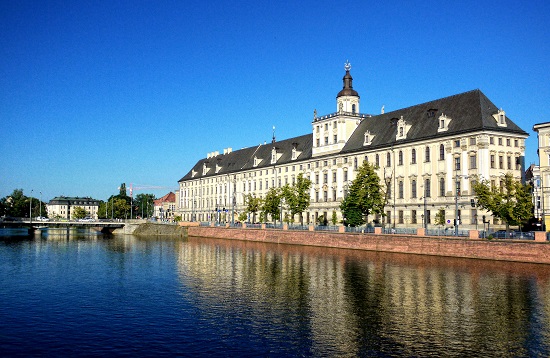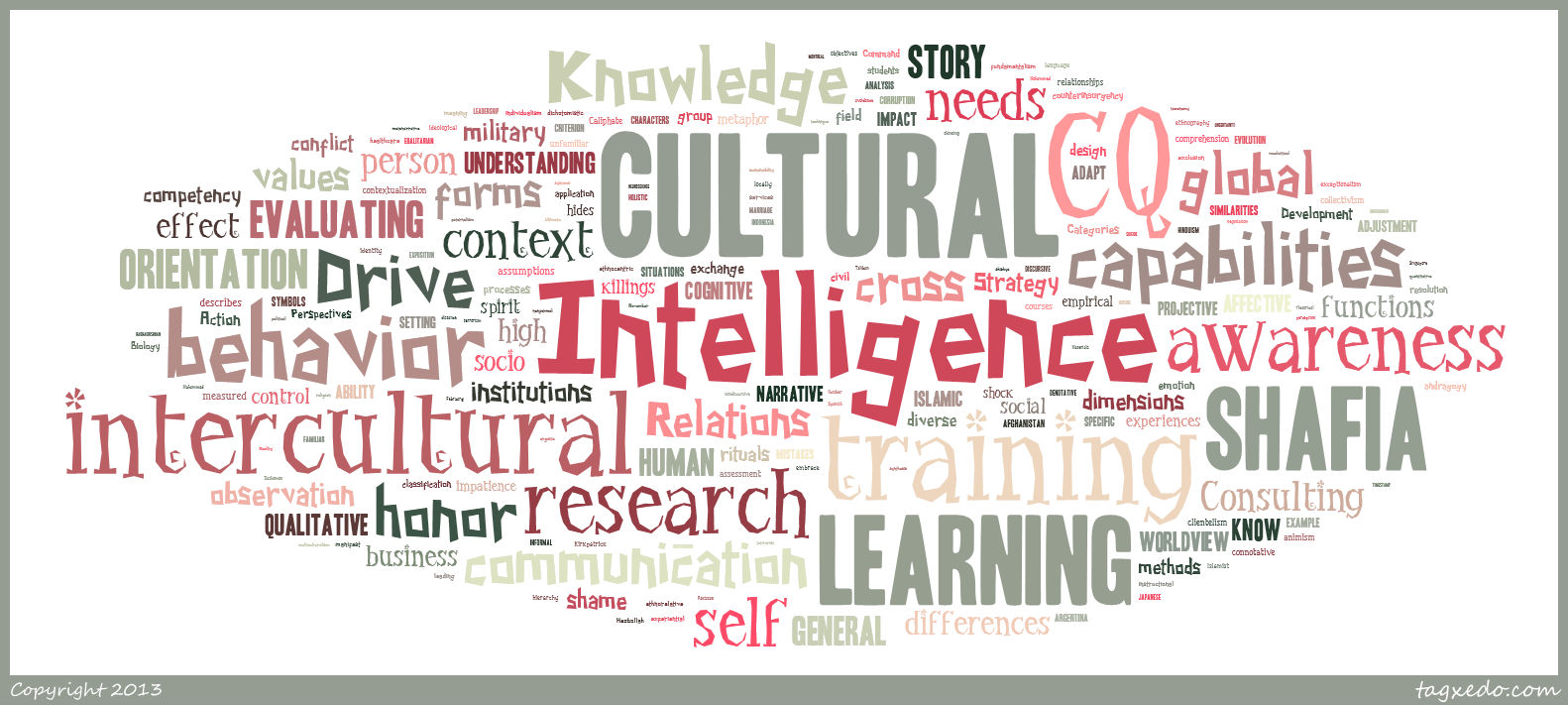Studying a master’s course in Europe takes about one to two year for completion and the system is based on an ECTS system which means that the degree is worth 120 ECTS or credit points. On is required to be in possession of a relevant bachelor’s degree in order to apply. The good thing about studying Masters in Europe is the variety of courses on offer and a chance of learning a local European language although many of the courses are offered in English.
Masters in Europe:
Studying in Europe is cheaper than studying in the U.K and there is a variety of financial assistance available e.g. Erasmus Mundus Scholarships, Government of Ireland Scholarships, ETC Excellence Scholarships, University of Lausanne Master’s Grants for Foreign Students, to mention a few.
Cost of Studying Masters in Europe
The European Universities are working under the Bologna Process to standardize their programs for the ease of foreign students. However, the the cost of studying differs based on the country. For instance, a non-EU student can expect to pay around 6000-15000 Euros for Dutch Universities, approximately 750 Euros/semester for studying in Austria, and 1500 per year for Greece. Aspiring students should keep in mind that there are other economical options like targeting opportunities in Lithuania, Hungary, Turkey and Estonia.
Diversity of Degrees on offer as Masters in Europe
To get a sneak-peak into the exciting master’s opportunities in the EU, consult this brief list (not comprehensive):
- European Masters in Nuclear Energy: This is a joint program offered by four universities through KIC InniEnergy.
- Masters in Food Studies offered by Wageningen University geared towards preparing candidates for international food market.
- Master of Science in International Finance at the Geneva Business School.
- Master in Political Marketing at Rome Business School aimed at providing training for managing the communication and marketing processes for supporting political campaigns.
- M.A. in Art Therapy at Cork Institute of Technology, Ireland as part of Complementary and Alternative Medicine Initiative.
- Master’s in Global Health at the famous Vrijie University, Amsterdam imparts training in cross-cutting aspects of health systems with the opportunity of pursuing PhD further.
Online Programs
Here’s a list of Universities which offer distance training:
- Utrecht University and Wageningen University, Netherlands
- Uppsala University, Sweden
- Webster Vienna University, Austria (for online MBA program in international relations)
- Online Business School and Instituto Europeo Campus Stellae, Spain
- Wismar University Wings, Germany
- International school of Management, France
- Cork Institute of Technology
- University of Helsinki, Finland
Other Hot Options!
There are some other non-traditional courses for attaining Masters in UK with exciting training opportunities:
- Master’s Program in Creative Writing: Designed for training aspiring writers and split up between Paris and Canterbury (University of Kent).
- Dual Masters in Brain and Mind Sciences: Split up between University College London and Universite Pierre et Marie Curie (in partnership with Ecole Normale Superieure). This is the most sought-after program for students looking to pursue higher research in the area of cognitive neuroscience and brain disorders.
- Joint Masters Program in Translational Neuroscience: This is offered by the European Graduate School of Neuroscience which is an international research and training network of nine Universities in Belgium, France, Germany, The Netherlands and Luxemburg. The coordinator of the course is the School of Mental Health and Neurosciences, Maastricht University.





















































